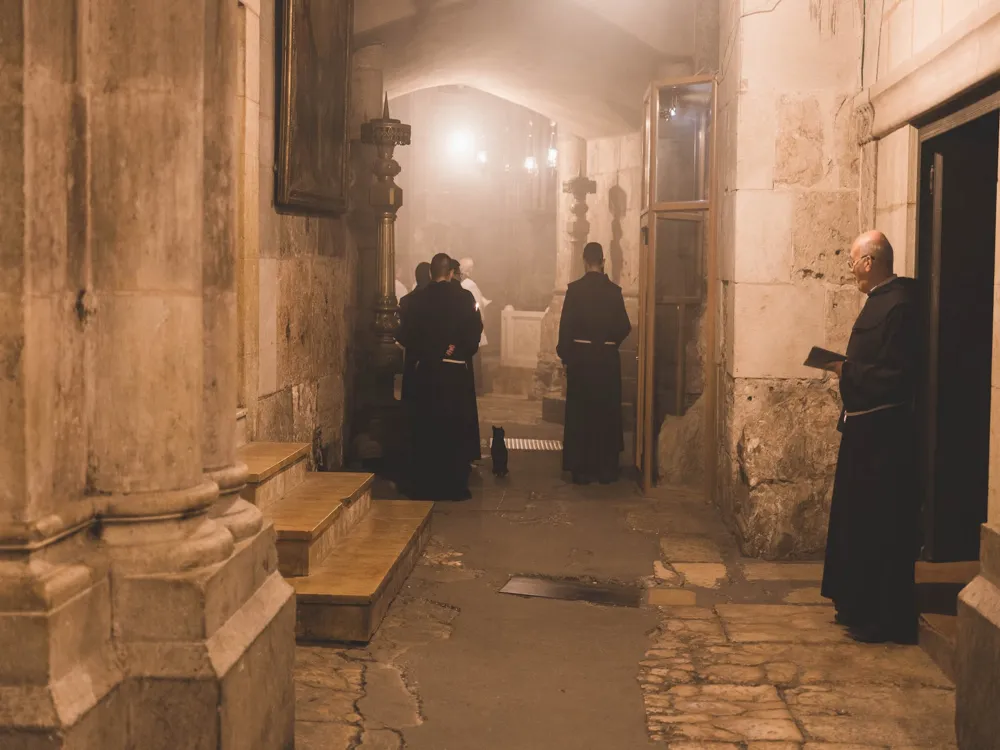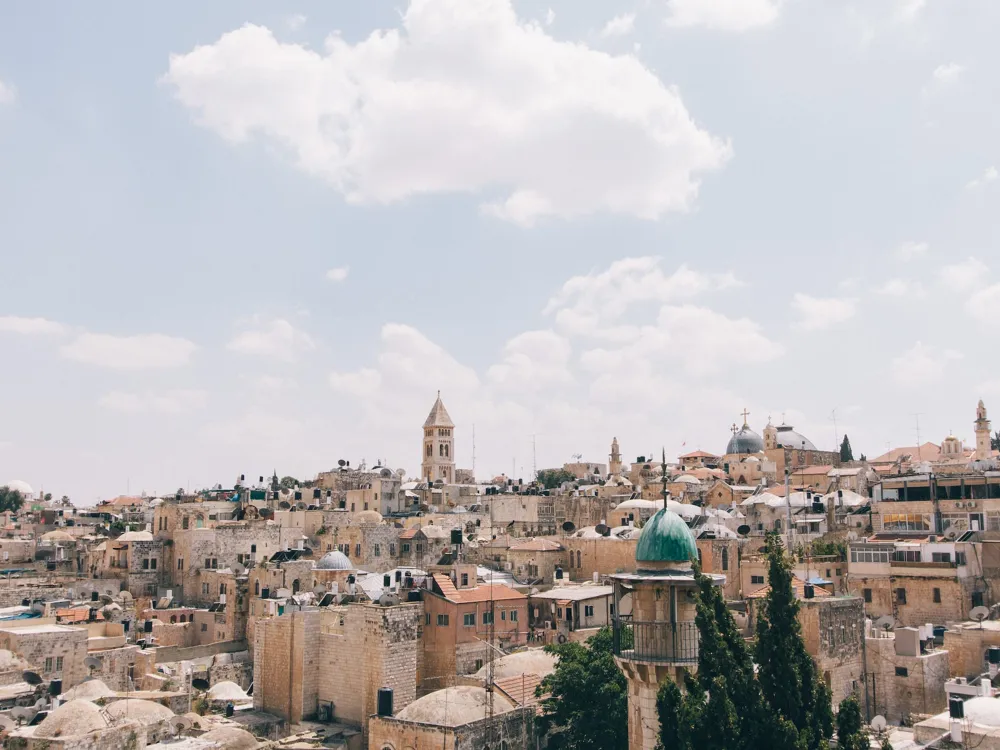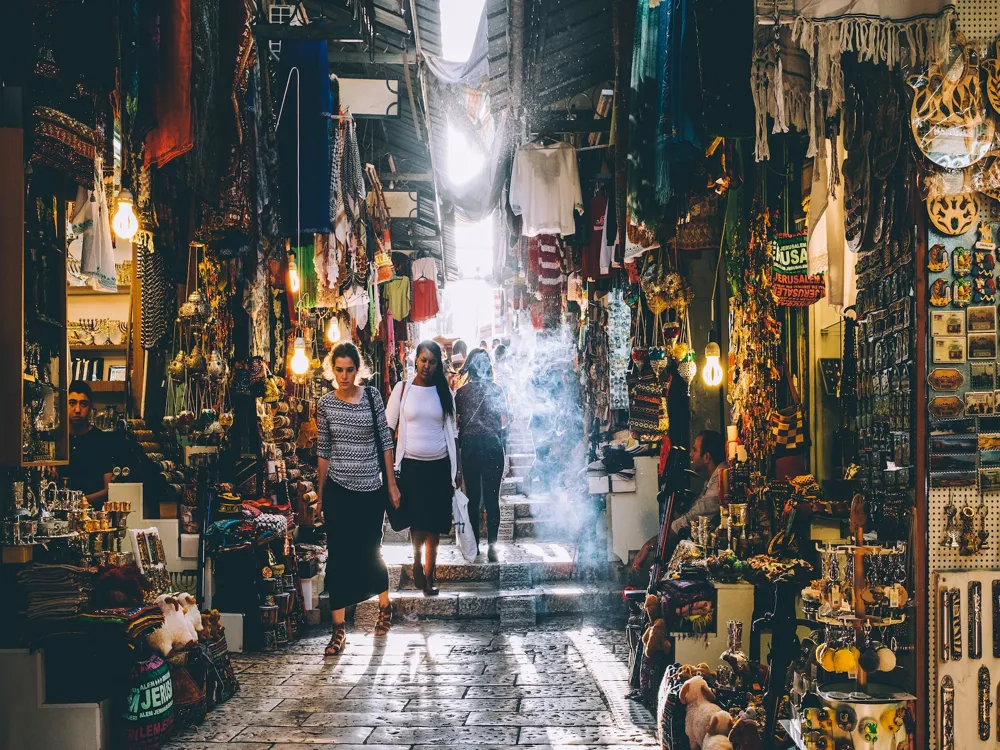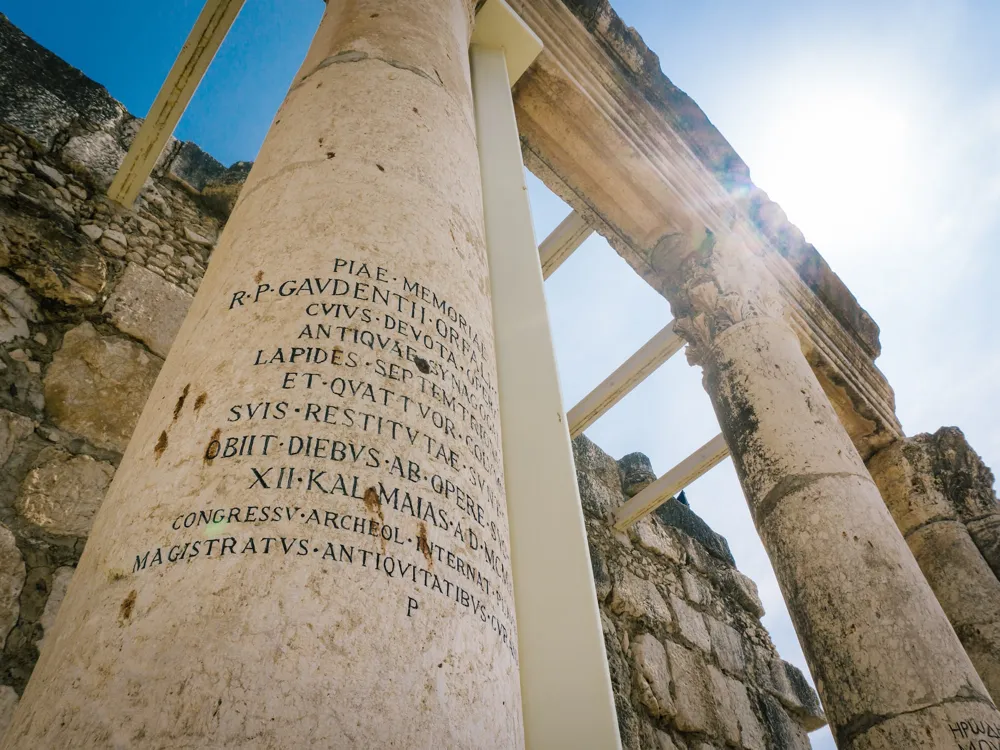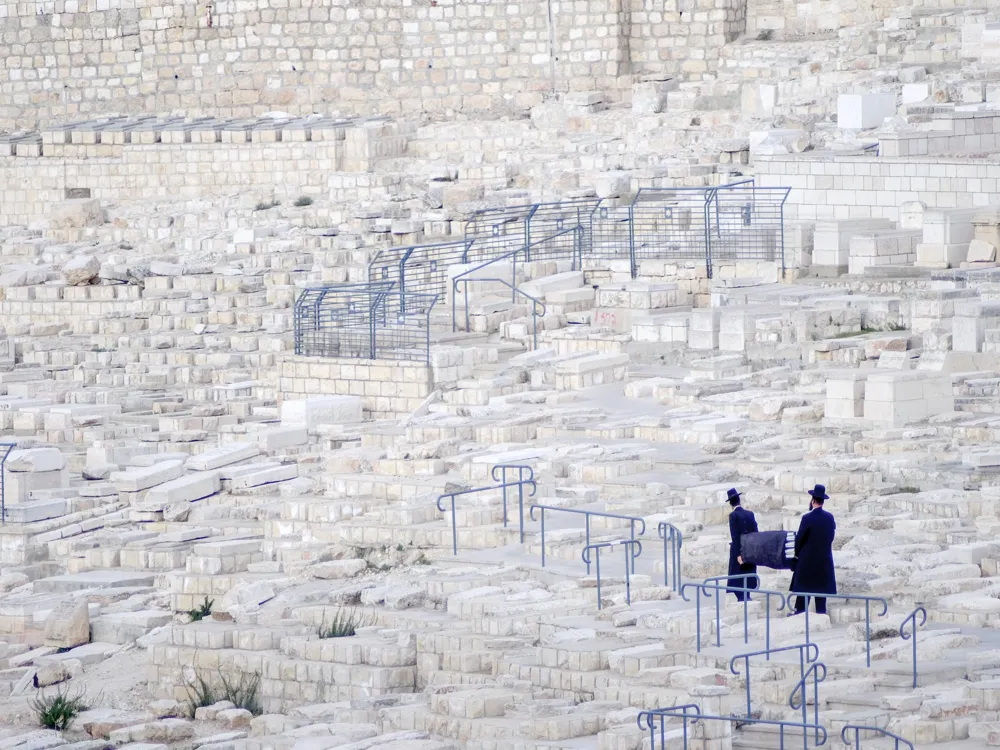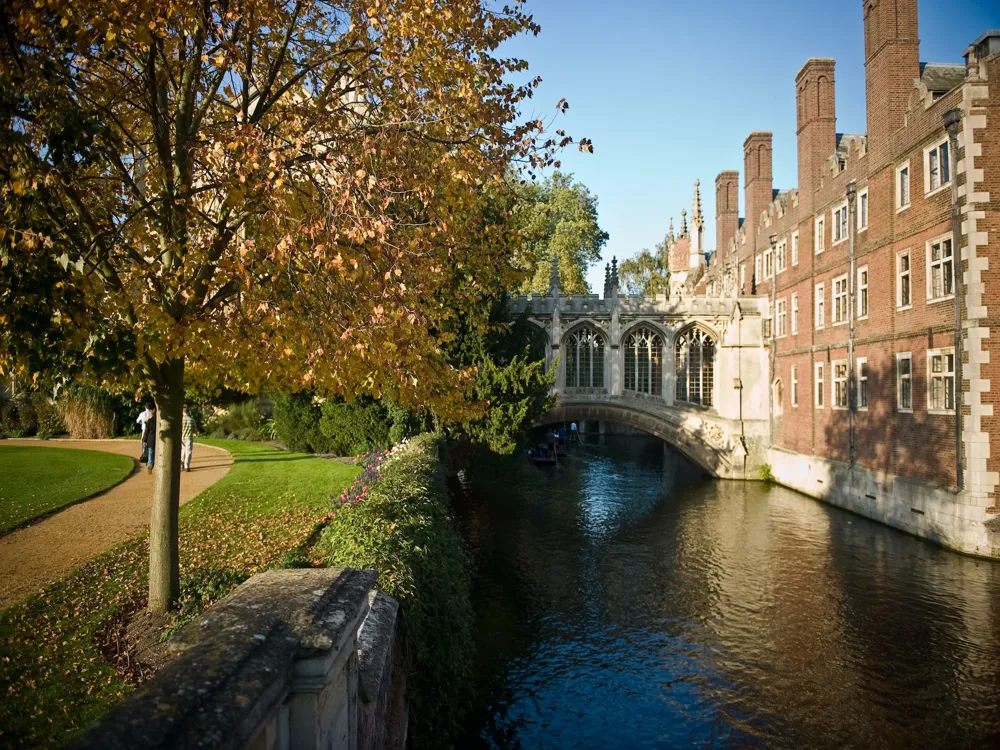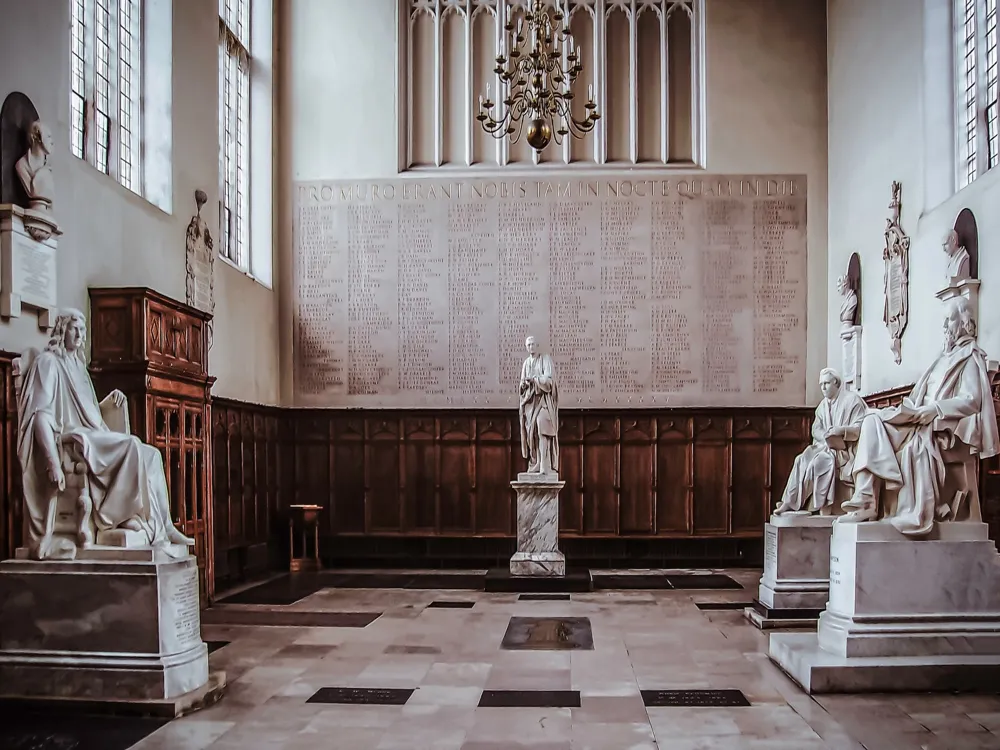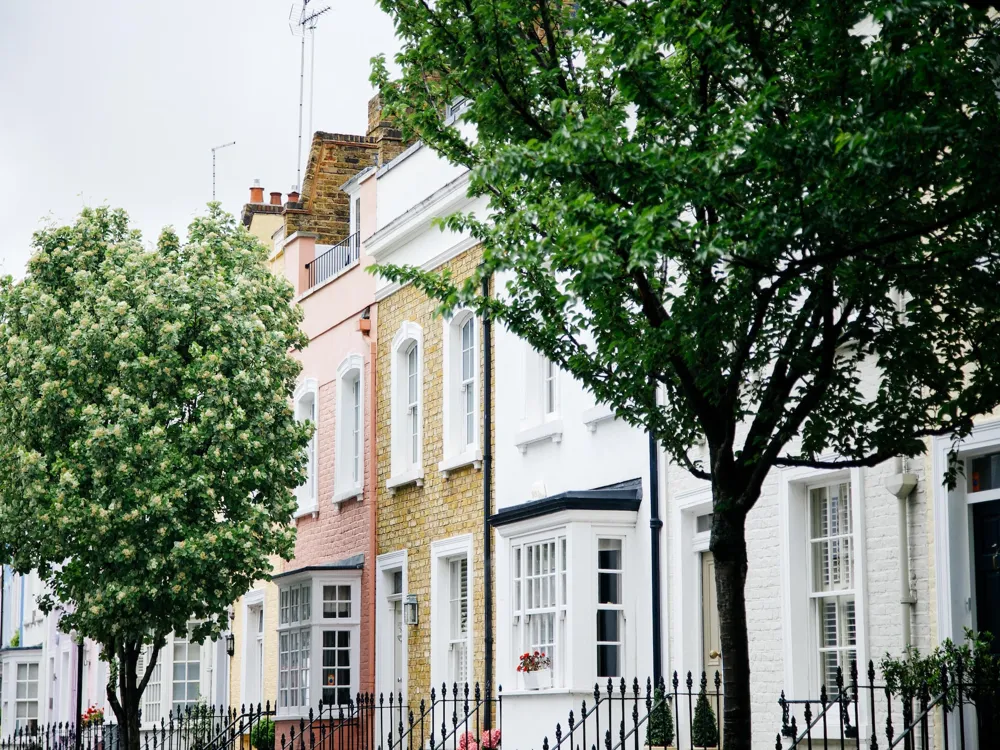The Israel Museum, located in the heart of Jerusalem, is a beacon of art, culture, and history. Established in 1965, it has since emerged as one of the world's leading art and archaeology museums. Spanning over 20 acres, this vast complex attracts over one million visitors annually, making it a must-visit destination for art lovers and history enthusiasts alike. The museum's collection is extraordinarily diverse, featuring over 500,000 objects from prehistory to the present day. It's renowned for its encyclopedic collections, including the most extensive holdings of biblical and Holy Land archaeology in the world. One of the museum's highlights is the Shrine of the Book, home to the Dead Sea Scrolls - the oldest biblical manuscripts in existence. Additionally, the museum's extensive collection of European, Modern, and Contemporary art showcases works from masters like Picasso, Rodin, and Kandinsky. Its commitment to education is evident through its comprehensive educational programs and interactive exhibits, which cater to visitors of all ages. The Youth Wing, specifically designed for children and families, offers a dynamic range of activities and workshops that stimulate creativity and curiosity about art and culture. Furthermore, the museum's vast Sculpture Garden, overlooking the Jerusalem Hills, is a serene oasis showcasing works by international and Israeli artists, blending art with the natural beauty of the surroundings. The Israel Museum's significant role in cultural preservation extends beyond its walls. It actively participates in global conversations on art and heritage, collaborates with international institutions for special exhibitions, and plays a pivotal role in cultural diplomacy. The museum not only preserves artifacts but also the stories and histories they represent, making it a guardian of humanity's collective memory. The architecture of the Israel Museum is as captivating as its contents. Designed by Alfred Mansfeld and Dora Gad, the original complex was a modernist masterpiece, harmoniously blending with the surrounding landscape. The museum's architectural evolution continued with the addition of the iconic Shrine of the Book, designed by Armand Bartos and Frederick Kiesler, which houses the Dead Sea Scrolls. Its distinctive white dome, resembling the lids of the jars in which the scrolls were found, is an architectural marvel and a symbol of the museum. In 2010, the museum underwent a significant renewal project led by James Carpenter Design Associates and Efrat-Kowalsky Architects. This $100 million project enhanced the museum's layout, circulation, and coherence, seamlessly integrating the museum's various buildings and outdoor spaces. The comprehensive renovation respected the original modernist design while introducing contemporary elements like new galleries, improved visitor facilities, and state-of-the-art conservation labs. The museum's design reflects a deep respect for its contents and its context. The use of Jerusalem stone in its construction bridges the gap between the ancient and the modern, echoing the city's history and character. The Sculpture Garden, designed by Isamu Noguchi, is another architectural highlight, offering a tranquil space where art and nature are in dialogue. The thoughtful landscaping and placement of sculptures create a harmonious balance, making it a place of contemplation and beauty. The museum's architecture not only serves its functional needs but also elevates the visitor experience. The interplay of light and space, the flow between indoor and outdoor areas, and the careful consideration of the viewer's journey through the museum all contribute to a unique and enriching experience that goes beyond viewing art. Before visiting the Israel Museum, check the museum's website for the latest information on opening hours, ticket prices, and special exhibitions. It's advisable to allocate at least half a day to explore the museum thoroughly. Consider joining a guided tour for a more in-depth understanding of the collections. The museum is less crowded during weekday mornings. If you prefer a quieter visit, aim for these times. Keep in mind that the museum hosts special events and exhibitions, which might be of interest but could also mean more visitors. The Israel Museum is fully accessible to people with disabilities. Wheelchairs and strollers can be borrowed at the entrance. For visitors with hearing impairments, the museum offers guided tours with sign language interpreters upon request. The museum houses a café and a restaurant, offering a range of dining options. Picnicking in the Sculpture Garden is another popular option. Restrooms and baby changing facilities are conveniently located throughout the museum. The museum shop is an excellent place to buy souvenirs, books, and replicas of museum artifacts. It's a great way to remember your visit and support the museum. The Israel Museum is located in the Givat Ram neighborhood of Jerusalem. It is easily accessible by public transportation, with several bus lines serving the museum. For those driving, the museum provides ample parking. Visitors can also opt for a taxi or a ridesharing service for direct access to the museum's entrance. For international travelers, the museum is approximately a 45-minute drive from Ben Gurion Airport. Public transportation options are available from the airport, though a taxi or car rental might be more convenient for those with luggage or traveling in groups. Read More: Overview of the Israel Museum in Jerusalem
Architecture of the Israel Museum
Tips When Visiting the Israel Museum
Planning Your Visit
Best Times to Visit
Accessibility
Food and Facilities
Souvenirs and Books
How To Reach the Israel Museum
Israel Museum
Jerusalem
₹ 50,300 onwards
View jerusalem Packages
Weather :
Tags : Museum
Timings : 10:00 AM - 5:00 PM,
Tuesday: 4:00 PM - 9:00 PM,
Friday: 10:00 AM - 2:00 PM
Entry Fee : Adult - NIS 50,
Student - NIS 37,
Child (5 - 17 years) - NIS 25
Planning a Trip? Ask Your Question
Jerusalem Travel Packages
View All Packages For Jerusalem
Top Hotel Collections for Jerusalem

Private Pool

Luxury Hotels

5-Star Hotels

Pet Friendly
Top Hotels Near Jerusalem
Other Top Ranking Places In Jerusalem
View All Places To Visit In jerusalem
View jerusalem Packages
Weather :
Tags : Museum
Timings : 10:00 AM - 5:00 PM,
Tuesday: 4:00 PM - 9:00 PM,
Friday: 10:00 AM - 2:00 PM
Entry Fee : Adult - NIS 50,
Student - NIS 37,
Child (5 - 17 years) - NIS 25
Planning a Trip? Ask Your Question
Jerusalem Travel Packages
View All Packages For Jerusalem
Top Hotel Collections for Jerusalem

Private Pool

Luxury Hotels

5-Star Hotels

Pet Friendly







